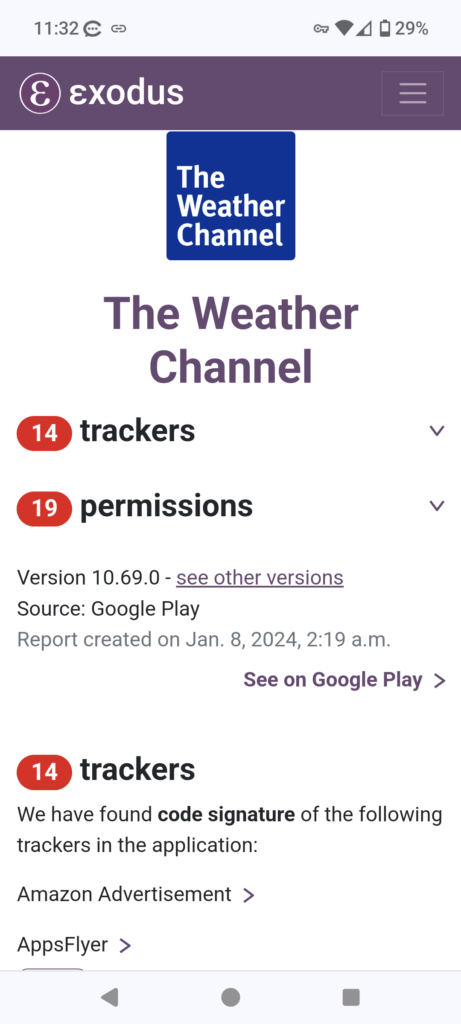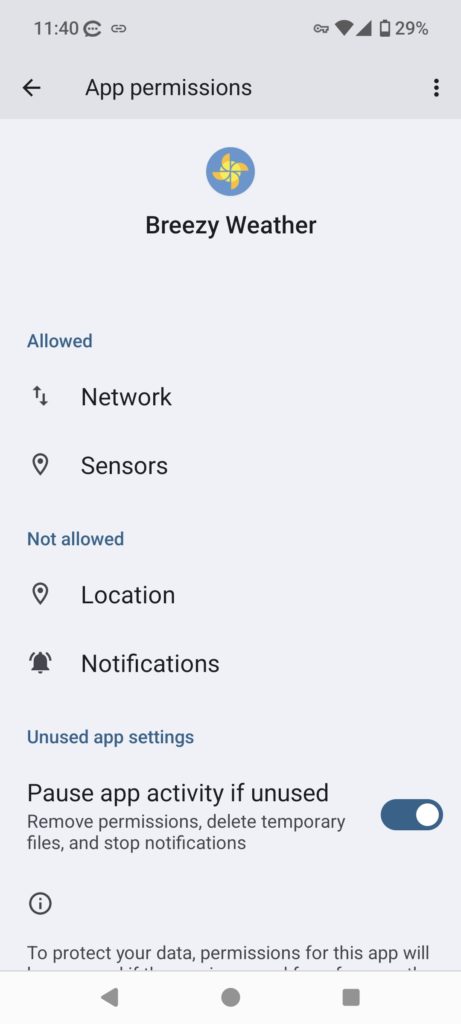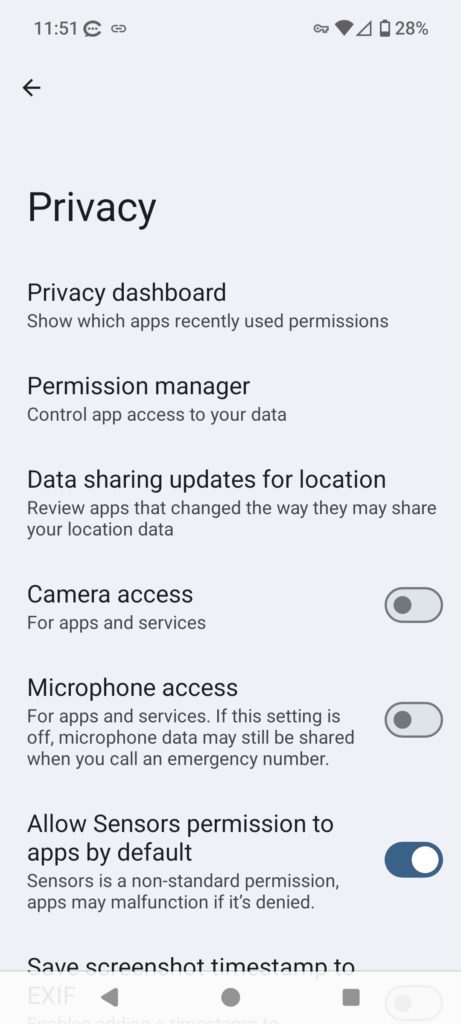I went off the digital grid last week.
As I mentioned earlier this month, I’ve been exploring alternative smart phone operating systems recently. But up to this point I’ve conducted my research using a spare phone running on Wi-Fi. I kept my iPhone as my primary device.
Until last week. I ditched the iPhone and went all in GrapheneOS. Now I’m fully off the digital grid.
The transition process was a tad inconvenient. Like all Apple products, the iPhone is elegant, yet easy to use. The iOS interface becomes second nature very quickly.
But now that I’m fully acclimated to Graphene, my only regret is not taking the plunge sooner.
As a reminder, 99% of the world’s smart phones run either Apple iOS or Google’s Android. And those systems send data back to Apple and Google every four and a half minutes on average.
In other words, the operating systems report back to headquarters with information about what we’re doing on our phone. There’s no way to stop this.
Meanwhile, neither Apple’s App Store nor the Google Play marketplace provide transparency around an app’s tracking capabilities. And they require us to give each application we download a host of permissions.
GrapheneOS flips the script.
First, it provides access to several open source app stores. Each gives us a report on every app’s tracking abilities.
It probably comes as no surprise that every app I had on my iPhone came with third-party trackers attached. That means every app I had was sending data on me back to various third-party companies. And who knows what they were doing with my data from there.
Some apps only had one or two trackers attached to them. Others were even more egregious. For example, the Weather Channel app came packaged with 14 different trackers. Have a look:
And how about AccuWeather? That’s another popular weather app. And it is slightly better… AccuWeather only comes with 8 trackers.
With my new device, I’m only using apps that do not come with trackers attached. Yet I’ve lost absolutely no functionality. There’s a better alternative for everything I was using before.
And it gets even better…
Graphene allows us to choose which permissions we grant each application. If we decide that we don’t want an app to have access to our camera, our microphone, or the internet, we just deny those permissions.
To demonstrate this – here’s the weather app I’m using now:
Breezy Weather asks for access to my phone’s network, sensors, location, and notifications function. And I’m allowing it to access the network and sensors. That’s it.
The network is the internet. The app won’t fetch the weather for me if it can’t pull from the internet. And the phone’s sensors are what allow the screen to flip sideways if I turn the phone sideways also.
As for location – I don’t need real-time weather reports based on where I am. I’ll just punch in a zip code whenever I want to check the weather.
In the same way, I don’t need my weather app sending me any notifications. So I denied that permission as well.
Notice how Breezy Weather doesn’t even ask for permission to access my camera or microphone. That’s a good sign.
Meanwhile, the Weather Channel app asks for 19 different permissions and AccuWeather asks for 16. Curiously, one of the permissions they request is the ability to prevent the phone from sleeping. What’s that about?
Taking this one step further, Graphene allows users to lock down the camera, microphone, and all the phone’s sensors entirely – with just the press of a button for each. When we do this it overrides all permissions granted at the application level.
Here’s what that looks like:
Here we can see that I have my camera and microphone access locked down. I love this feature.
A few years back I was chatting with a gentleman who decided he wanted to take his kids on a camping trip. He was asking around for camping gear suggestions before he bought anything.
Magically, this guy started seeing ads for camping gear everywhere on his phone. And he thought – that’s odd. I haven’t searched for camping gear yet. How did the phone know I was interested in it?
I’ve seen other stories where people have had a similar experience. And it seems to me that there’s only one logical explanation – our phones can listen to our conversations.
That’s creepy. And this is why I ditched the iPhone for Graphene. Now I can lock down the camera and the mic and be sure that my phone is not spying on me.
Now that I’ve been onboarded for over a week, I’m most amazed by the fact that I didn’t lose any functionality by going off the digital grid.
I’m still able to do everything I was doing before… and I can do it all knowing that I’ll retain full sovereignty over my data. What’s not to like?
If you’re interested in learning more about switching to Graphene, the team at Above Phone makes it all turn-key. You can get more information at: https://abovephone.com/
-Joe Withrow
P.S. I’ve also unlocked a new super power with my off-the-grid phone. I’ll share that with you tomorrow.


